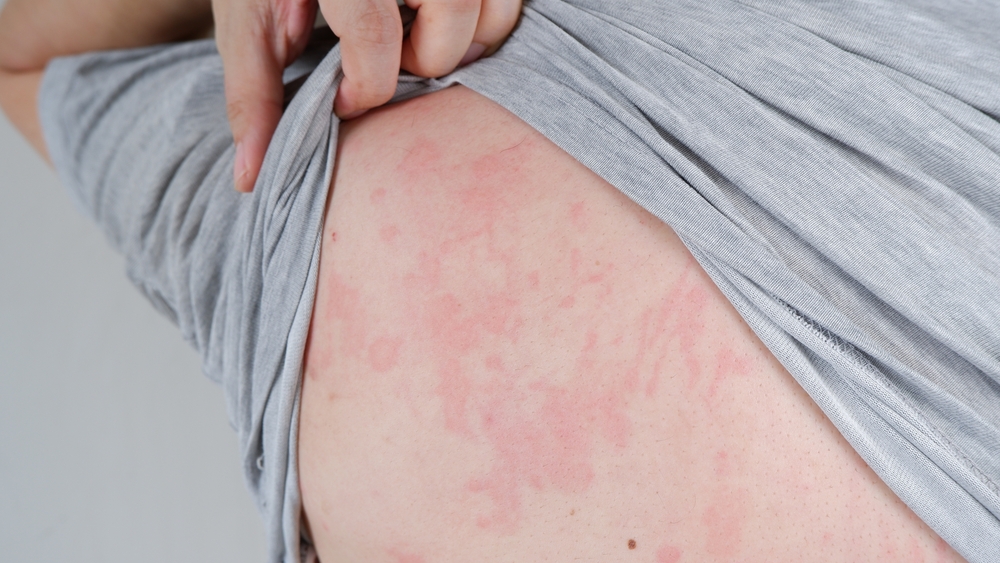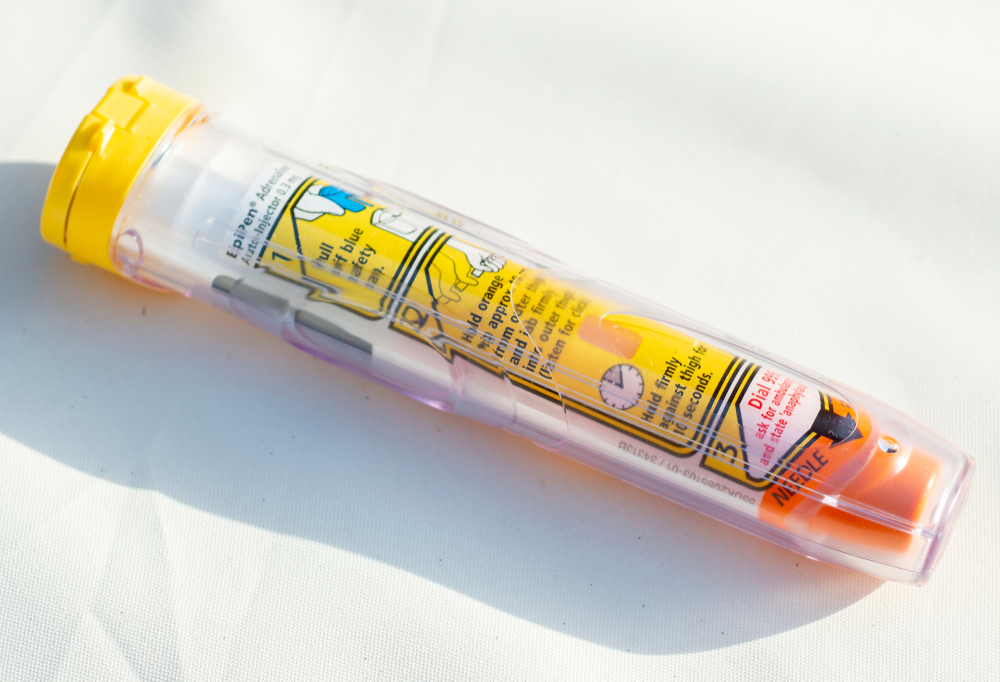Living with a severe dairy allergy can be life-altering, and in some unfortunate cases, life-threatening. This tragic reality became heartbreakingly clear in the case of Karanbir Cheema, a 13-year-old boy who died after an incident at school. Karanbir’s story serves as a powerful reminder of how dangerous allergies can be and highlights the need for better awareness and preventative measures.
The Story of Karanbir Cheema

On June 28, 2017, Karanbir Cheema, a vibrant student from London, lost his life due to an allergic reaction caused by contact with cheese. A classmate threw a piece of cheese that landed on Karanbir’s neck, sparking what began as a mild reaction but escalated rapidly into a severe allergic response known as anaphylaxis.
Despite his EpiPen being administered, its expired state meant it wasn’t enough to save him. Karanbir was rushed to the hospital in critical condition and passed away days later after enduring cardiac arrest.
This devastating incident shocked the school community, raising awareness about the seriousness of food allergies. What made Karanbir’s case so unsettling was how such a seemingly minor act, likely intended as a joke, caused such tragic consequences. No one was prepared for this, which makes the tragedy all the more upsetting.
What Is a Severe Dairy Allergy?

Dairy allergies are different from lactose intolerance. Severe dairy allergies, as in Karanbir’s case, occur when the immune system mistakes dairy proteins for harmful substances. Upon exposure, the body releases chemicals like histamines, leading to symptoms that can range from mild (hives, itching, or swelling) to life-threatening (anaphylaxis or cardiac arrest).
What Makes It Life-Threatening?

A severe dairy allergy can be life-threatening primarily because it may trigger anaphylaxis, a rapid and intense allergic reaction affecting multiple body systems. Anaphylaxis can cause symptoms such as swelling of the lips, tongue, or throat, difficulty breathing, wheezing, a dangerous drop in blood pressure, dizziness, loss of consciousness, and even cardiac arrest if untreated.
What Happens During An Allergic Response?

This reaction often develops quickly after exposure to dairy proteins but can worsen over time without prompt medical intervention. Additionally, some individuals with heightened sensitivity may experience severe allergic responses simply through skin contact with dairy proteins, not just ingestion. These factors combined make a severe dairy allergy particularly dangerous, requiring immediate treatment with injectable epinephrine to prevent fatal outcomes.
Read More: Itchy Red Spots on Your Skin? Don’t Ignore This Common but Misunderstood Condition
How Karanbir’s Tragic Death Could Have Been Prevented

Several missed opportunities in Karanbir’s case contributed to the tragedy. While his EpiPen was administered, the fact that it was expired reduced its effectiveness. Additionally, the school’s lack of awareness and proper medical protocols exacerbated the risk he faced.
Effective management of severe allergies relies on several key lessons. First, it is vital to keep medical devices like EpiPens current and to carry backups for added reassurance. Equally important is fostering education and awareness in schools and workplaces, where staff training and well-prepared emergency action plans can make a critical difference during allergic reactions. Creating designated allergen-free zones further enhances safety by minimizing the risk of accidental exposure, helping to create a more secure environment for those with allergies.
Protecting Yourself or a Loved One With a Severe Dairy Allergy

If you or someone close to you is living with a severe dairy allergy, taking the right precautions can literally mean the difference between life and death. Here are some pointers:
Always have prescribed medication, such as an EpiPen or auto-injector, on hand wherever you go. These devices deliver a life-saving dose of adrenaline that can slow the onset of anaphylaxis.
Make sure teachers, coworkers, and HR teams are aware of the allergy. Provide a written allergy action plan that they can follow during emergencies.
Always check food labels and inquire about ingredients, even for items that seem “safe.” Dairy proteins can be hidden in unexpected places.
Ensure cooking utensils, surfaces, and containers are free from allergens. Cross-contact is a major risk and can occur even in small amounts.
Raising Awareness for Severe Dairy Allergies

Karanbir Cheema’s story is a somber but critical wake-up call for how serious and misunderstood food allergies can be. Something as simple as “playing around” or being uninformed about someone’s health conditions can have devastating outcomes.
By creating safer environments, educating one another, and advocating for stricter allergy-awareness practices, these tragedies could be minimized or prevented altogether.
Moving Forward With Caution and Empathy

Living with a severe dairy allergy requires constant vigilance and preparedness. But it also calls for empathy from people around individuals afflicted with such conditions. Whether it’s educating classmates, carrying updated EpiPens, or implementing allergy-friendly policies, every action matters.
If you or a loved one has a severe allergy, take proactive steps outlined here to stay safe. And remember to always advocate for greater awareness in your community. Together, we can create a safer world for everyone.
Disclaimer: This article was created with AI assistance and edited by a human for accuracy and clarity.
Read More: Cabbage: A Nutrient-Packed Superfood, But Some People May Need to Avoid It

